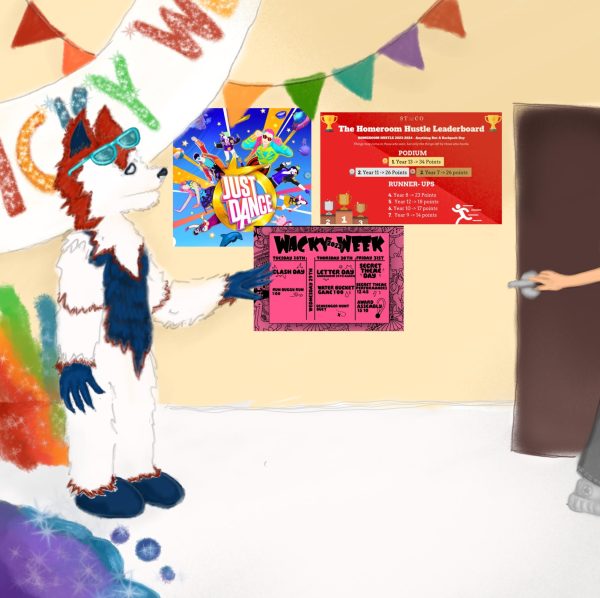A Son’s Pride
Issues of gender and sexuality are often viewed through a heteronormative lens. By this, I mean we act in a manner and use language that assumes heterosexuality is the ‘norm’. It is something that I suspect many adults and teenagers remain susceptible to. Parallels exist with the assumptions we can make about any individual.
A good example of this exists close to my heart. Most people I meet make a false assumption that I am the son of heterosexual parents. Why would they not? However, this would be a mistake. I am the son of a gay man. I don’t spend my days sharing the sexuality of my late father. It is not relevant to most day-to-day situations and it would generally fall into the category of oversharing. So why state it publically now?
I share because I want the young people in our school to understand that I am proud of my Dad in many ways, including his journey with society and his sexuality. It is not lost on me that without the prejudice of Ireland in the 1950s and 1960s, my Dad would not have been forced to bury his true self and effectively live a life he knew was a lie.
It could be said that I exist because of homophobia as my Dad married my Mom because it was what his religion and society told him was right. I also remember the misguided adolescent feelings of shame that I felt at 14-years-old when I slowly realised my now-separated Dad’s ‘friend’ was slightly more than that.
My love for my Dad never wavered. Yet, I wish I could return and tell my younger self that society will progress positively in the decades to come. Through tireless effort, things have improved. Whilst my Dad died around 15 years ago, I know he would have been delighted that the young people of 2021 can possibly avoid the oppression he faced. Inclusion around LGBQT+ issues remains far from perfect; there is much work to be done, both in society and in our school. However, with education, care and effort, I am convinced that both will continue to progress in a way that prevents others from experiencing the same shame and rejection that caused him to make the choices that betrayed his true self and identity.
If, by being personally transparent and normalising my own origins, I can help the young people of our school take pride in who they are, and be an advocate for LGBQT+ issues, I will risk the overshare.

